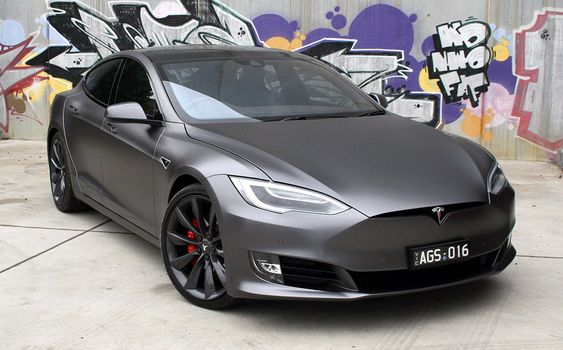Introduction:
The automotive industry is undergoing a rapid transformation, driven by the need for sustainable and efficient transportation solutions. At the heart of this revolution lies car battery technology, which has witnessed significant advancements in recent years. From traditional lead-acid batteries to cutting-edge lithium-ion and solid-state batteries, the landscape of car battery technology is evolving at an unprecedented pace. These advancements are not only improving the performance and range of electric vehicles (EVs) but also paving the way for a cleaner and more sustainable future.

This article delves into the latest advancements in car battery technology, exploring the different types of batteries, their advantages and disadvantages, and the impact they have on the automotive industry. We will also discuss the future of car battery technology and the challenges that need to be addressed to accelerate the adoption of EVs.
Types of Car Batteries:
Lead-Acid Batteries:
Lead-acid batteries have been the mainstay of the automotive industry for decades, powering conventional gasoline and diesel vehicles. While they are relatively inexpensive and readily available, they have several drawbacks, including low energy density, short lifespan, and heavy weight. These limitations have made them unsuitable for EVs, which require high-energy batteries to achieve a decent range.
Lithium-Ion Batteries:
Lithium-ion (Li-ion) batteries have revolutionized the portable electronics industry and are now the dominant battery technology for EVs. They offer significantly higher energy density, longer lifespan, and lighter weight compared to lead-acid batteries. Li-ion batteries are also more efficient, meaning they can store and release more energy with less loss. However, they are more expensive than lead-acid batteries and have safety concerns related to fire hazards.
Solid-State Batteries:
Solid-state batteries are considered the next generation of battery technology. They use a solid electrolyte instead of a liquid electrolyte, which eliminates the risk of leakage and improves safety. Solid-state batteries also offer higher energy density, faster charging times, and longer lifespan compared to Li-ion batteries. However, they are currently more expensive and have not yet reached commercial viability.
Advancements in Battery Technology:
Increased Energy Density:
Researchers are continuously working to improve the energy density of car batteries, allowing EVs to travel further on a single charge. This is achieved through advancements in materials science, such as the development of new electrode materials and electrolytes.
Faster Charging Times:
Charging time is a major concern for EV owners. Advancements in battery technology are enabling faster charging times, reducing the time it takes to replenish the battery. This is achieved through technologies like fast charging and wireless charging.
Improved Safety:
Safety is paramount in the automotive industry. Advancements in battery technology are addressing safety concerns related to fire hazards and thermal runaway. This includes the development of new battery management systems and the use of fire-resistant materials.
Reduced Cost:
The cost of batteries is a significant barrier to the widespread adoption of EVs. Research and development efforts are focused on reducing the cost of battery production through economies of scale and the use of cheaper materials.
Future of Car Battery Technology:
The future of car battery technology is bright, with ongoing research and development efforts focused on further improving performance, safety, and affordability. Some key areas of focus include:
Next-Generation Battery Chemistries:
Researchers are exploring new battery chemistries, such as lithium-sulfur and lithium-air batteries, which offer even higher energy density and longer lifespan.
Battery Recycling and Sustainability:
The environmental impact of battery production and disposal is a growing concern. Efforts are underway to develop sustainable battery recycling technologies and reduce the environmental footprint of battery production.
Smart Battery Management Systems:
Advanced battery management systems are being developed to optimize battery performance, extend lifespan, and improve safety. These systems can monitor battery health, predict battery degradation, and adjust charging and discharging patterns to maximize efficiency.
Conclusion:
Advancements in car battery technology are driving the transition to a more sustainable and efficient transportation system. From increased energy density to faster charging times and improved safety, these advancements are paving the way for the widespread adoption of EVs. As research and development continue, we can expect even more groundbreaking innovations in car battery technology, leading to a future where EVs are the norm rather than the exception.





